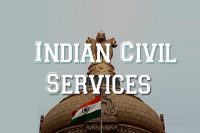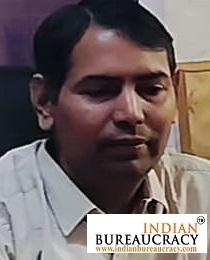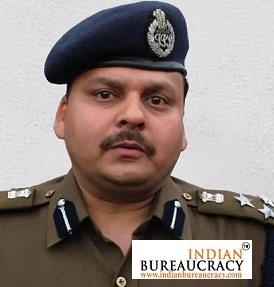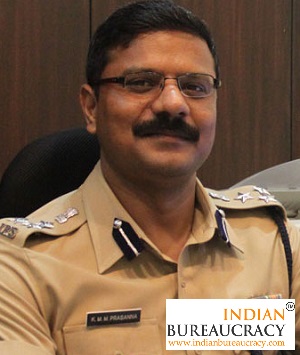For many years, interviews to the coveted Indian Civil Services were summed up with a staple question, Why do you want to join Indian Civil Services? “, and the answers framed by the aspirants every time were no less monotonous and repetitive. Every time, the answers were either standard or bad, rarely good or excellent. Some examples of the standard ones , “ Sir, I want to join Civil Services because it gives a chance where I can see the direct result of my hard work”. “Sir, our nation is progressing at an unprecedented speed and I don’t want to be a mere spectator”. “Sir, I wish to be a part of civil services as I think that is the best means for me to explore myself and dedicate towards the service of my country, the common people”. But, alas, I must have been the only one hankering aspirant in a perennial situation of fix, trying to grapple with an answer that came straight from the heart, nothing rehearsed, researched or advised by an expert.
Why the hell on earth should one join civil services to see the direct result of one’s hard work when there were other better and nobler avenues out there? Why not work hard, become a good physician or surgeon, gather the power to heal, to save precious human lives, that too, steering clear of all political interference?
If it were for the sake of public service, why not join politics, dedicate ones entire lifetime irrespective of retirement age, rise to become the Prime Minister and change the face of the country. If the probable answer was societal change then why not become a great writer, journalist or social reformer in league with the likes of M.K.Gandhi, Kabir, Dhondo Keshav Karve, Goal Hari Deshmukh, Ishwar Chand Vidyasagar, Jamnalal Bajaj, Kandukuri Veeresalingam, Pandurang Vaijnath, Shastri Athavale, Sriram Sharma Acharya, to name just a few.
Believe me, during my preparation days, l had often heard my fellow aspirants during candid conversations admitting the openly unacknowledged fact, “straight from the heart”, of getting lured by the lucre the mervices had to offer, the constitutional powers combined with prestige and on top, the flashing red beacons setting the tone and tenor of the panache that sets one aside from being the common man, making one a very important person ‘overnight’ with enough scope for individual influence. Then, as policy advisors, they could select policy options and present them before their political masters in such a way that they fail to differ. Then, when they become the ones implementing the policy, they could reinterpret the contents of the policy as per their personal interest or begin using their powers to delay or thwart its implementation, making money in the process.
Thinking about all this made a chill run down my spine, making me wonder what kind of a civil ‘servant’ they would eventually turn out to be if selected on the basis of their ‘framed’ standard replies. I was beginning to feel pity about the coveted job and, at around the same time, adding to my woes appeared the news in ‘The Times of India’, “IRS men top CBI list of most corrupt”, that IRS officers have always been topping the Anti-Corruption list of the CBI over the last four years, way ahead of bureaucrats from other administrative services.
The final nail was dealt in my coffin when I came across a similar item, this time on a website of BBC , that said, “India’s bureaucracy is ‘worst in Asia'”. What a shame, I thought, immediately letting me off the Civil Services hook, I would rather take up any other profession than contribute to malign the image of the most coveted service.
However, over the years, I am finding civil servants who have proven themselves to be good and even very good, having the powers to change a lot of things for the better, still others who wish to prove the Spanish saying right, “If it is good, then the deed is more important than the intention; if it is bad, then the intention is worse than the deed”.
About the Author: ShriNaveen Tewari is a freelance writer for 25 years and writes on topics of social interest with focus on issues of public interest & governance.





